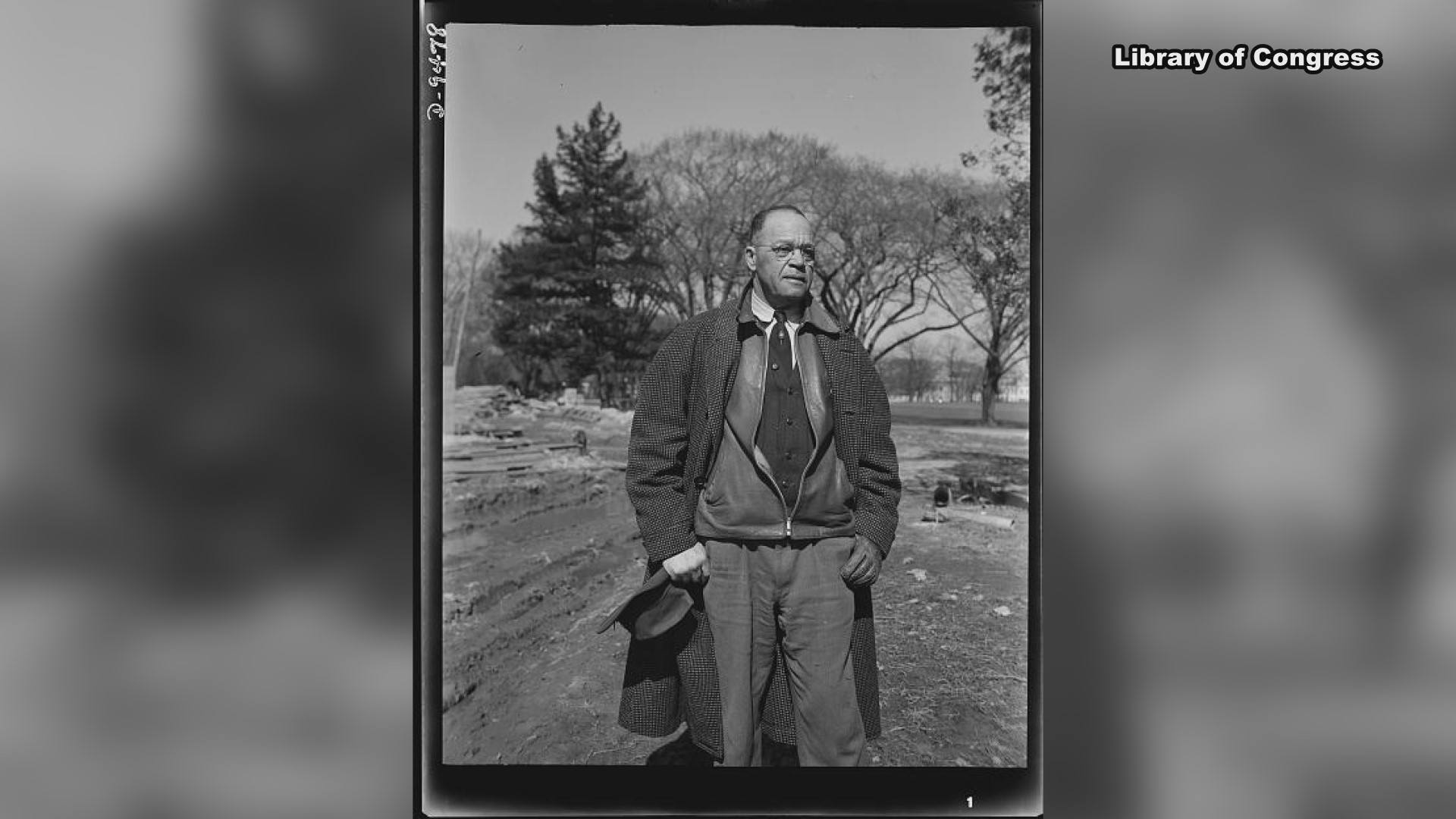DES MOINES, Iowa — February is Black History Month.
Back in the 20th century, one of Iowa's most prominent architects and engineers faced discrimination when he and his wife wished to buy a house.
As the first Black student to graduate from the University of Iowa's engineering program, and a player on the football team, Archie Alexander was a nationally-renowned civil engineer. One of his most notable projects included the Tidal Basin Bridge in Washington D.C.
But as state historical documents show, Alexander’s wish to purchase a home in Des Moines was met with neighborhood resistance due to the color of his skin. 2200 Chautauqua Pkwy is a picturesque home on Des Moines' north side and was a house Archie and Audra Alexander wanted to call their own in 1944.
However, some neighbors were not keen on having the Alexanders move in.
"There are places in Des Moines in 1944, that as those properties were being developed, said those properties cannot be sold to people of African descent,” said Leo Landis, State Curator for the State Historical Society of Iowa. “That's called a restrictive covenant."
Thirty-eight Chautauqua neighborhood property owners filed a lawsuit in January 1944, attempting to prevent the sale of the house to the Alexanders because they were Black.
"People think of segregation and Jim Crow and think of the American South,” Landis said. “Well, 80 years ago here in Des Moines, there were restrictive covenants on properties."
After an 11-month legal battle, the suit was dropped, and the Alexanders were able to purchase the home in December 1944.
"It's not as if the Alexanders case solves housing issues for Black Iowans after 1944,” Landis added. “Black Iowans are still facing discrimination in housing through the 1950s,1960s and beyond."
Landis said even with restrictive covenants being deemed illegal, their impact is longstanding.
"You look at the legacy that persists and what restrictive covenants and redlining have meant to the Black community of Iowa, it really has been a challenge that has you know, led to a loss of wealth in some ways where homes were demolished too, as communities or parts of a community were deemed blighted,” Landis said.
Alexander went on to become the Governor of the U.S. Virgin Islands and eventually died from a heart attack in 1958
He faced discrimination earlier in his life as well, when he was forced to leave Highland Park College in Des Moines after they decided to stop allowing Black students to attend.
He then transferred to the University of Iowa. Alexander played on the football team there, where he met Maurice Repass. Eventually, the two formed Alexander & Repass, an engineering company, where they focused predominantly on bridges.

